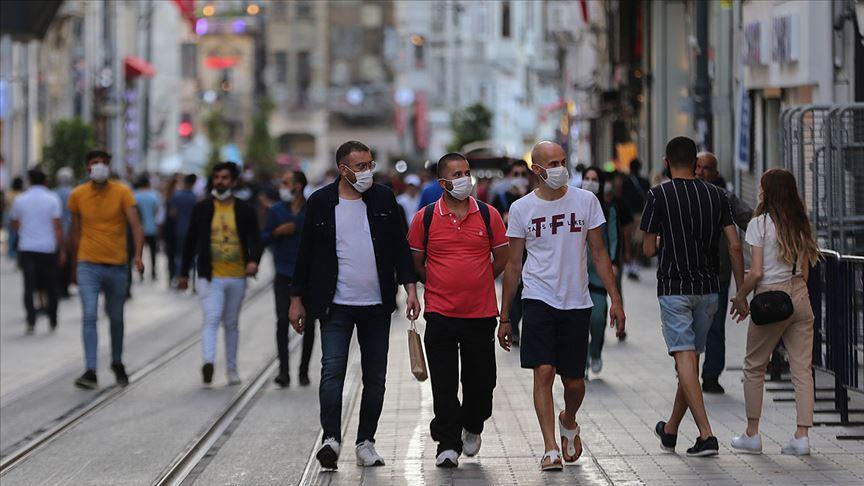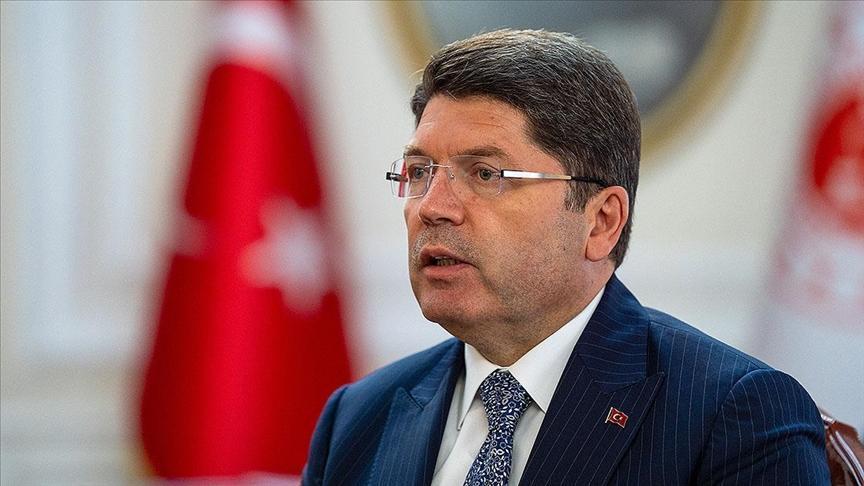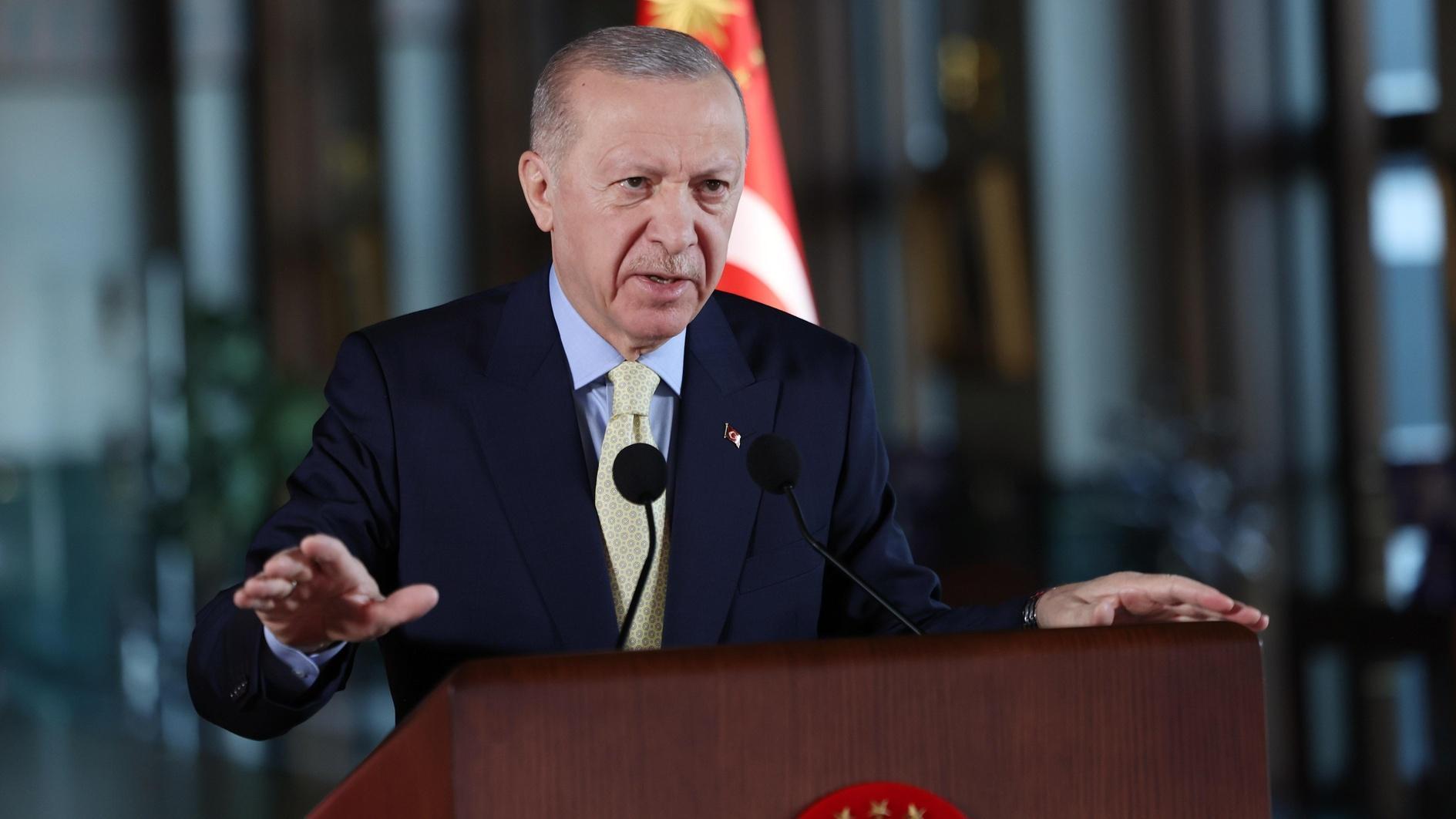Istanbul sees sharp decline in virus cases, ICU patients
ISTANBUL

The number of COVID-19 cases, people treated in hospitals for the coronavirus and patients in intensive care units (ICU) declined sharply in Istanbul in the span of a week, the provincial health director of the city has said.
The country’s largest city with a population of nearly 16 million saw a 35 percent drop in the new infections while the number of COVID-19 patients in ICUs was down 21 percent between April 28 and May 4 from the previous week, Professor Kemal Memişoğlu said.
The number of patients receiving coronavirus treatment in the city’s hospitals also declined by nearly 25 percent, according to Memişoğlu.
Istanbul had 532 cases per 100,000 people, the highest figure in the country, showed the map of infections for April 24 and April 30 the Health Ministry released last week.
The decline in the cases in the city came amid a raft of restrictions the government imposed, including the 17-day full nationwide lockdown, which will end on May 17 to bring the spread of COVID-19 under control.
The government is yet to decide and announce what will follow the lockdown as experts are proposing a gradual transition to the normalization phase, warning that sudden removal of the restrictions may result in another resurgence of the infections.
The government aims to bring the daily cases to 5,000. The infections, which climbed to record highs of around and above 60,000 in mid-April, have been declining steadily since April 22.
Professor İlyas Dökmetaş from the Health Sciences University warned that the virus cases could rise again to 20,000 or 30,000 if the reopening is implemented in an uncontrolled manner even if the vaccinations continue.
He suggested that the restrictions on intercity travel should continue in high-risk provinces. “People will return to big cities from resort towns or their hometowns [after the lockdown]. This mobility will pose risks,” Dökmetaş said.
He also stressed that the vaccination drive against COVID-19 needs to gain momentum.
“If the number of people who receive the first dose of the injection exceeds 20 million, only this will provide some sigh of relief,” Dökmetaş said.
More than 10 million people have been given both doses, and the number of people who recovered from COVID-19 is over 4 million, he noted.
“Add those figures, the asymptomatic cases, then you have an immunity rate of around 30 percent to 40 percent. Social immunity will increase with vaccinations, and when this rate exceeds 50 to 60 percent, this will be a relief,” Dökmetaş said.
Turkey rolled out its vaccination program on Jan. 14. To date, it has administered more than 25 million doses of COVID-19 vaccines. Over 14.6 million people have received the first dose of the jab, while 10.4 million people have been given both doses.
















